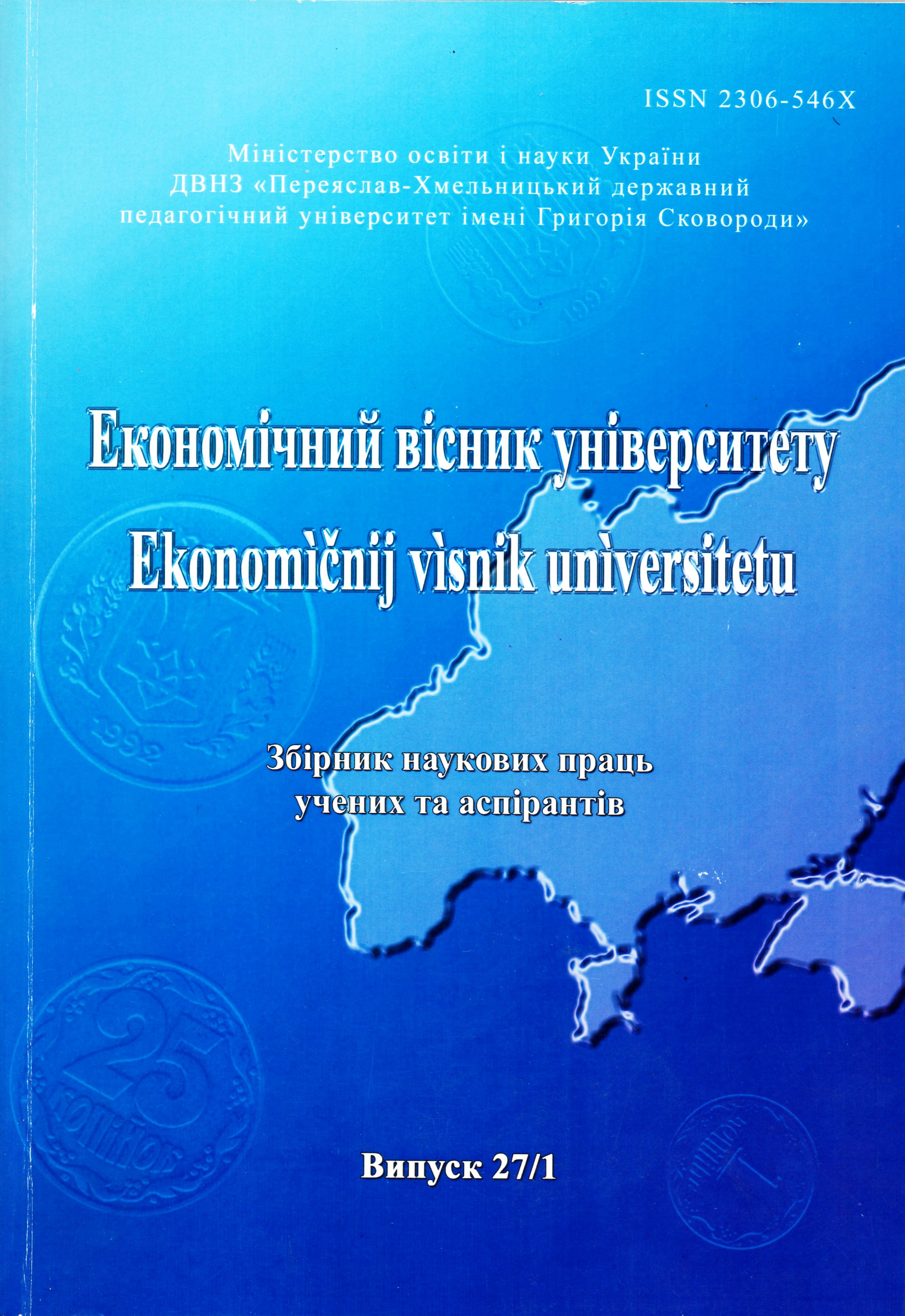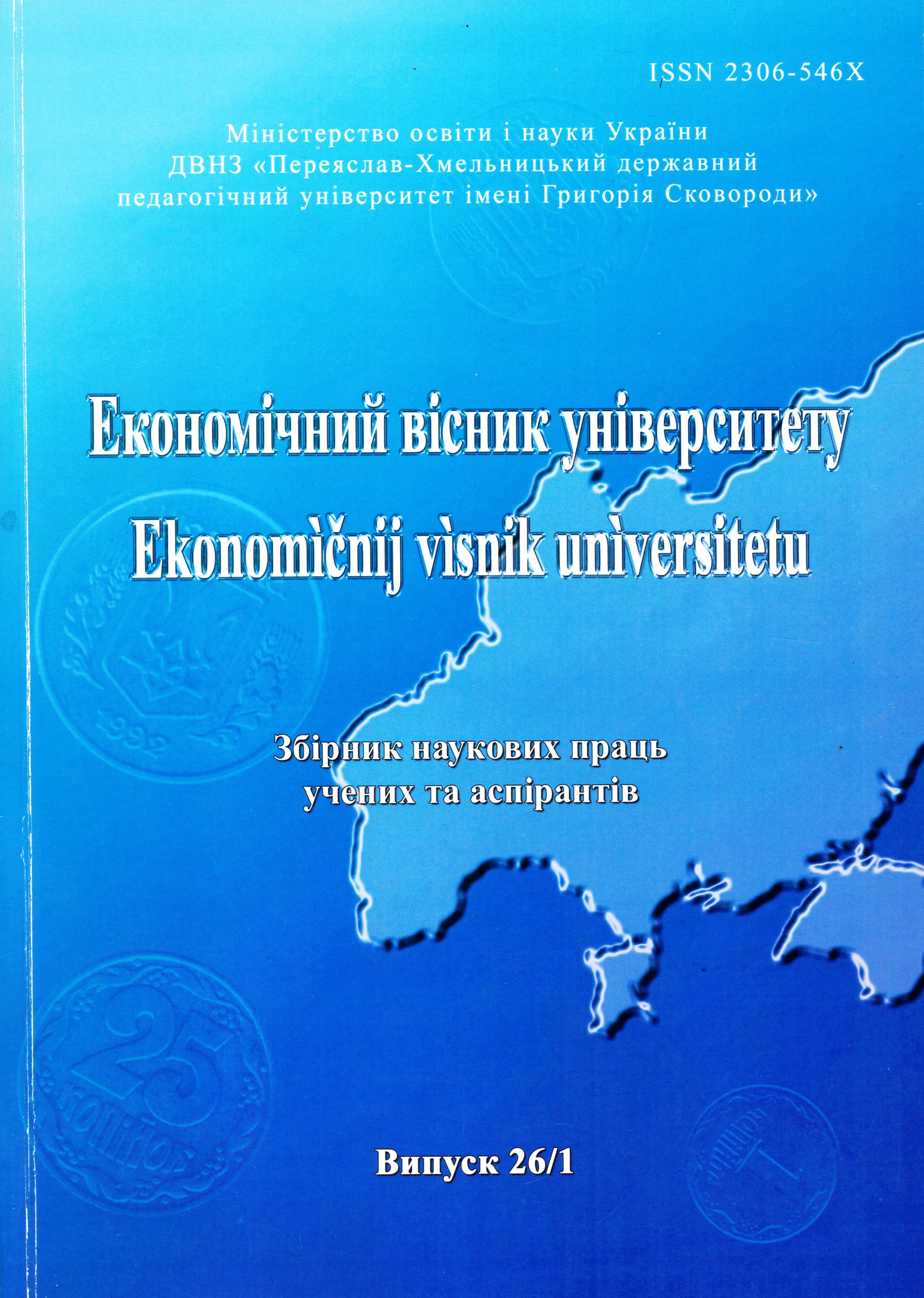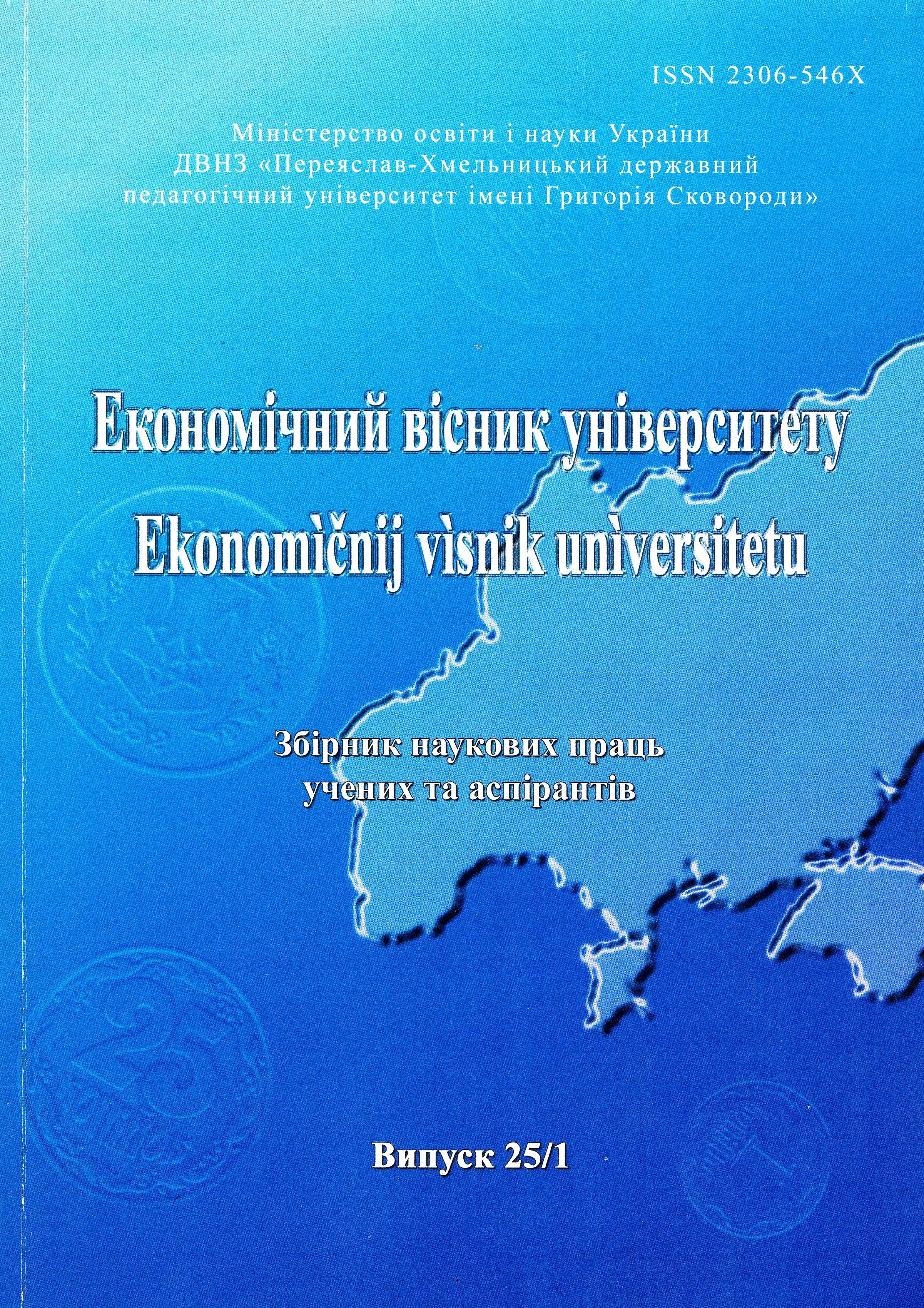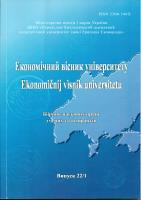Author(s): Alla Pranevich / Language(s): Russian
Issue: 26/2015
Increasing competitiveness of national economy has become even more relevant due to the worsening problems of the world economy as a whole. This task takes the first place among the issues of national importance, because it’s closely connected to the achievement of rapid economic development and rising living standards of population. The goal of the article: To identify the problems and prospects of improvement of competitiveness of national economy of the Republic of Belarus, based on determination of competitiveness factors of a small open economy. Subject of research - competitiveness factors of small open economies. Methods: analysis and synthesis, comparative analysis, historical analysis, a systematic approach. Results of the article: micro and macroeconomic competitiveness factors of the Republic of Belarus were analyzed on the basis of systematization of theoretical approaches to the analysis of the competitiveness of a small open economy; problems of maintenance of competitiveness in the global economic crisis were identified; perspective ways to improve the competitiveness of the national economy, and possible ways of cooperation between the Republic of Belarus and its major trading partners were defined. Sphere of application: development of strategic directions of cooperation of the CIS and foreign countries and the Republic of Belarus in order to minimize the effects of the global economic crisis and maintain the competitiveness of the national economy. Conclusions: 1. In terms of globalization, a new approach to the definition of competitiveness and competitive advantages of the countries based on a comprehensive understanding of international competitiveness is formed. 2. The main external factors which influence competitiveness are: globalization of the world economic relations, increasing of economic openness growing importance of specific international groupings of countries, growing competition for FDI, knowledge, best practices and human capital. 3. Analysis of the factors of competitiveness of the Republic of Belarus revealed positive (favorable geographical position, cheap energy and a high level of human capital) and negative (small FDI inflows, use of only one vector in foreign trade, the predominance of intermediate and reducing the share of investment imports, large share of state property, low government spending on research and development, underdevelopment of the stock market, the low degree of competition) sides of the national economy 4. Solving problems of forming factors of national competitiveness in the context of globalization lies in: internationalization of Belarusian enterprises; formation of clusters; development of the institute of public-private partnership (PPP); intensification of exports and increase of share of high-tech products; attracting the leading multinationals in the sphere of passenger car industry, pharmaceutical industry, etc.
More...




